- Lahore manhole deaths: Police to question company CEO, Data Darbar expansion project contractor Dawn
- 3 arrested after woman, daughter die from falling into open sewer line in Lahore Dawn
- Petition seeks criminal case against Punjab minister, DC…
Category: 1. Pakistan
-
Lahore manhole deaths: Police to question company CEO, Data Darbar expansion project contractor – Dawn
-
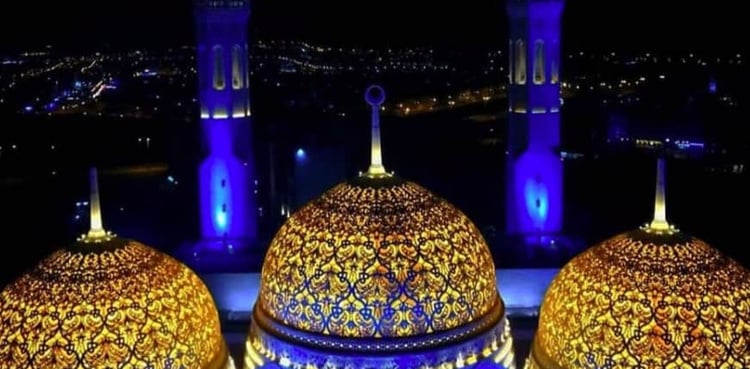
School Holiday announced for Shab-e-Baraat
KARACHI: There is a good news for school students as Sindh Education Department has announced holiday on February 4 on occasion of Shab-e-barat, a sacred night for worshipers, ARY News reported.
The department has issued a notification for the…
Continue Reading
-
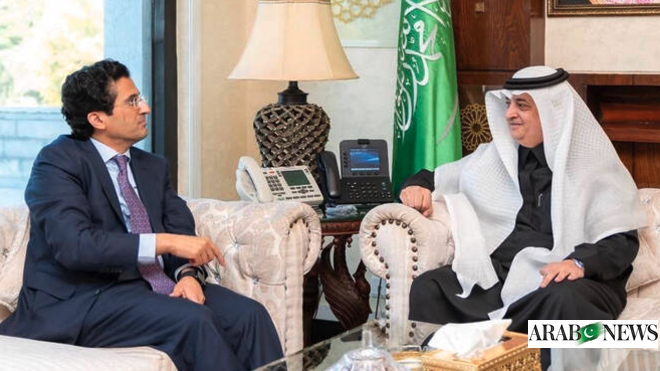
Pakistan, Saudi Arabia reaffirm push for joint energy and mining projects
JEDDAH: The waters of the Red Sea along Saudi Arabia’s coast have become a vibrant natural stage, with pods of dolphins appearing near shorelines and along shipping lanes. These captivating sightings are emerging as a…Continue Reading
-
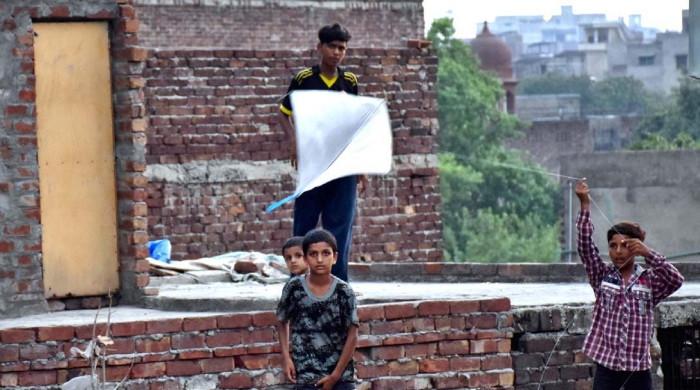
Pleasant weather forecast as Lahore finalises strict safety plan for Basant
Children enjoy kite flying on the rooftop near the Do Moria Pul, Lahore, Punjab, July 25, 2024. — APP Pleasant weather is expected during the three-day Basant festival in Lahore as authorities finalised strict…
Continue Reading
-
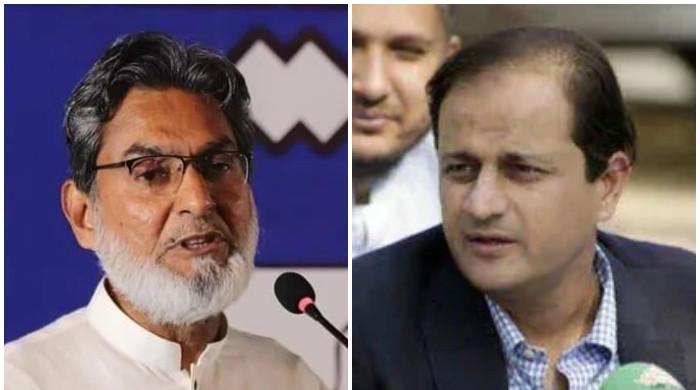
KMC opposition leader announces no-confidence motion against Karachi mayor
KMC Opposition Leader Saifuddin Advocate (left) and Karachi Mayor Murtaza Wahab. — Facebook@SaifuddinAdvocate/Facebook@BarristerMurtazaWahab/File - Karachi in mourning since Gul Plaza tragedy: JI Karachi naib…
Continue Reading
-
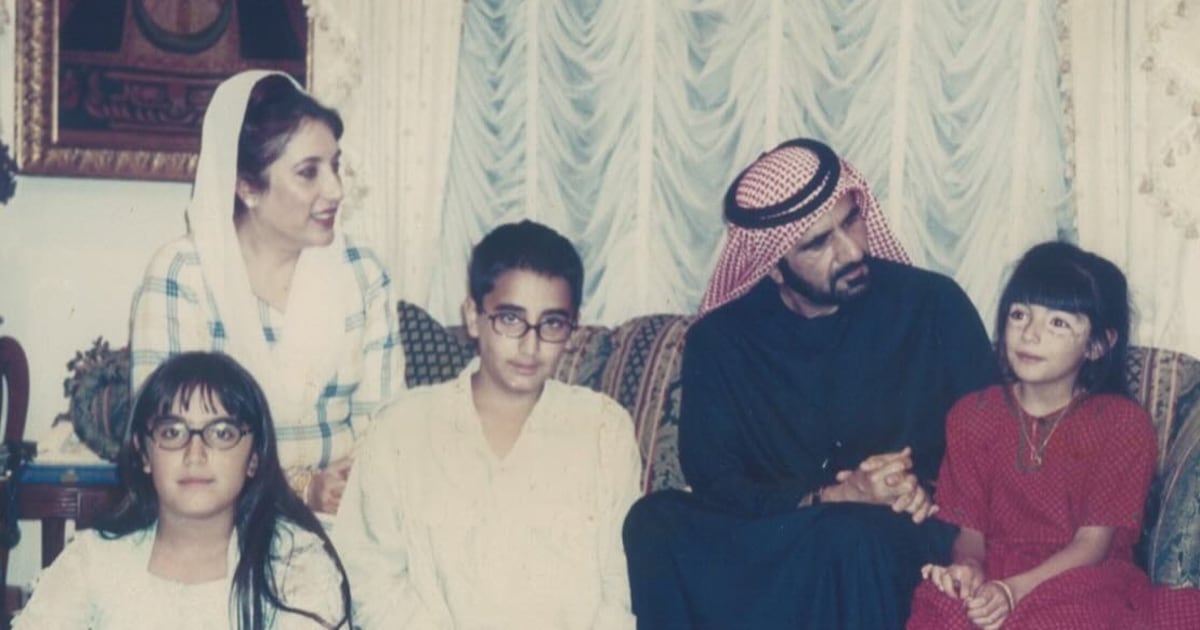
Revealed: Archive images of Benazir Bhutto and Asif Ali Zardari with UAE leaders
Bakhtawar Bhutto-Zardari, the daughter of Pakistani President Asif Ali Zardari, has shared then-and-now images of UAE leaders with her parents to coincide with her father’s recent official visit to the Emirates.
Zardari, the widower of former…
Continue Reading
-
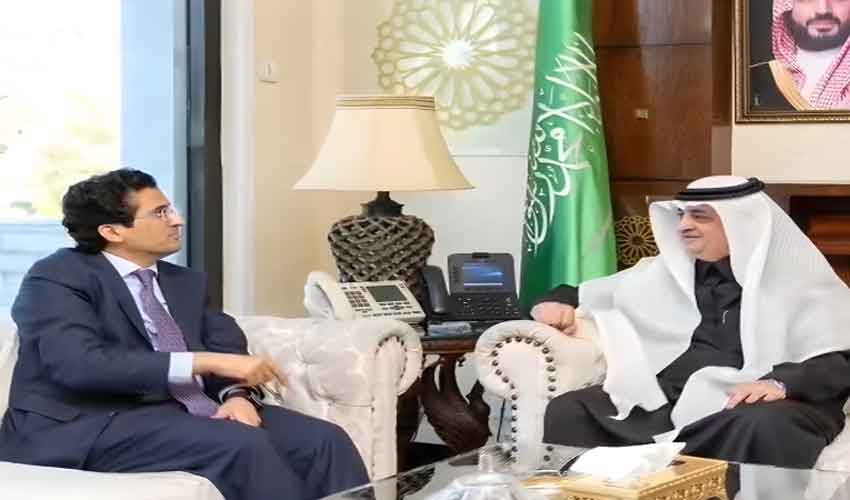
Pakistan Saudi ties deepen in energy minerals sector
Pakistan and Saudi Arabia have agreed to further strengthen cooperation in the fields of energy and minerals.
Federal Minister for Petroleum Ali Pervaiz Malik held a meeting with Saudi Ambassador to Pakistan Nawaf…
Continue Reading
-
SRA cadres attack Punjabi settler in Sindh – South Asia Terrorism Portal
- SRA cadres attack Punjabi settler in Sindh South Asia Terrorism Portal
- Attacks at multiple locations across Balochistan thwarted: provincial govt Dawn
- Three police officers martyred in Quetta firing incident Aaj English TV
- BLF, SRA claim…
Continue Reading
-
NDMA issues weather advisory – RADIO PAKISTAN
- NDMA issues weather advisory RADIO PAKISTAN
- More rain, snow to fall in northern areas over next five days Dawn
- Met Office warns of rain, colder days ahead The Express Tribune
- Life comes to standstill in upper regions as heavy snowfall blocks…
Continue Reading
-
Pakistan notifies revised control lists under export control act – RADIO PAKISTAN
- Pakistan notifies revised control lists under export control act RADIO PAKISTAN
- Pakistan updates export control lists to align with global non-proliferation rules Arab News
- Trends – National Control Lists of items Business Recorder
- Govt revises…
Continue Reading